Do I Need Counselling?
“Counselling is suitable for anyone who is looking for guidance, clarity and / or personal growth.”
In the digital and globalised world, life never seems to slow down. We are increasingly busy and connected, from the moment we wake up to the moment we go to sleep. This connection affords amazing opportunities and benefits to modern life, but it also places hidden demands on our time and energy. Have we lost our way with caring for ourselves? And is there a way back?

Many people struggle with the question, “Do I need counselling?”, especially when they’ve not had counselling before. It’s also easy to compare ourselves to others and rationalise that our struggles are not worth being in therapy.
Unfortunately, there is a lot of shame around seeking therapy and it can be hard to imagine opening up to a stranger when you’ve not experienced that before. So, let’s unpack some of the common reasons why people seek out counselling, explore the benefits it can offer, and help you decide if it is the right next step for you.
What is counselling?
Counselling is a professional service that offers a safe and non-judgemental space to explore the difficulties experienced in life. It provides an opportunity to learn more about our ourselves and helps us gain insight into our thoughts, behaviours and emotional responses, especially when we face significant challenges.
You may be surprised to discover that counselling is not just for people who are in crisis or have a mental health condition. Counselling is suitable for anyone who is looking for guidance, clarity and/or personal growth. Whether you struggle with self-esteem, stress, building and maintaining relationships, or have had difficult experiences in the past you’d like to talk about, counselling is a space for exploration and healing.
Signs you might benefit from counselling:
– Feeling overwhelmed: Do you sometimes feel like life is too much to handle or you are constantly stressed? Counselling can create a safe space to encounter and reduce the impact of overwhelm.
– Ongoing sadness or anxiety: Feeling sad or anxious every now and then is normal, but if those feelings make it difficult to move forward with your life, counselling may help by giving space to those feelings.
– Difficulty coping with life changes: Major life events such as divorce, bereavement or career changes can come when we are not ready to deal with them. Speaking to a therapist can help you process the loss and rebuild meaning in your life.
– Struggling with relationships: Sometimes we experience arguments in romantic relationships, problems with extended family, or difficulties at work. Counselling can help with communication and establishing better boundaries.
– Loss of interest in activities: If you have stopped enjoying hobbies and spending time with friends, you may be experiencing depression or burnout. Therapy can help you to work create space in your life to reclaim the things you enjoy.
– Feeling stuck or unfulfilled: Sometimes there isn’t a specific problem or a notable event. We just feel stuck, unmotivated and directionless. Counselling can help you identify the barriers in life and rediscover who you are.
When should I start counselling?
If you are still wondering, “Do I need counselling?” ask yourself the following questions:
– Are difficult feelings interfering with my daily life? If your emotions are impacting your personal and work relationships, or your ability to function, counselling can help you make changes in your life.
– Have I tired self-help methods without success? If you have tried self-help resources but still feel stuck, therapy can help you find the breakthrough you need.
– Am I avoiding people or specific situations? If you notice that avoidance is a common experience, there may be unresolved emotional issues that need addressing. Counselling can support you to confront these feelings.
So is counselling for you?
Deciding whether to start counselling is a personal choice and it’s important to be aware that counselling doesn’t work for everyone. However, seeking professional help takes courage and strength, and we are ready to help you work through life’s difficulties.
Cynefin Therapy is an affordable counselling practice based in Cardiff City Centre, offering sessions in-person and online. All of our counsellors are in the final stages of their training and are registered with professional counselling bodies. You can find out more about Cynefin Therapy by visiting ‘About Us’ or reach out for support by:
Get in touch

We are ready to hear your journey. If you are ready to enquire about starting counselling please fill out the form and we will be in touch.



